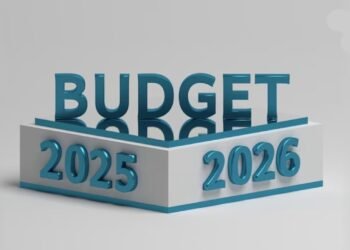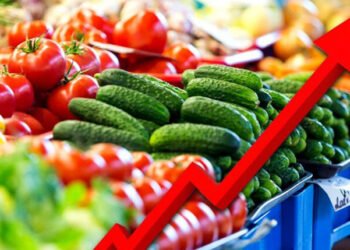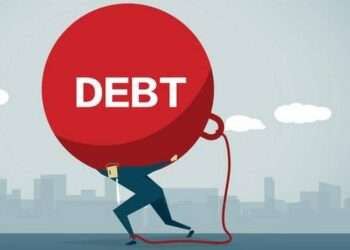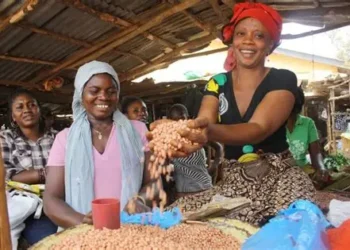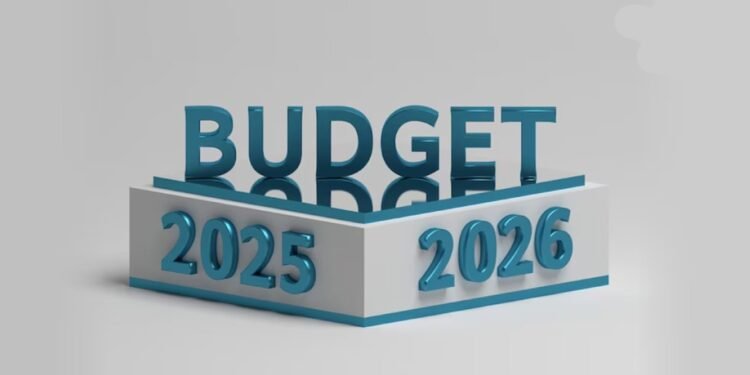Mr Alfred Baku, the Executive Vice President and Head of Gold Fields, West Africa who also doubles as the first Vice President of the Ghana Chamber of Mines has described the Central Bank’s gold purchase programme as laudable, but finds issues with the current processes of the programme.
With this system, the Central Bank buys dore gold (semi-pure gold) from an aggregator (gold exporter) and sends it outside the country to be refined and then add to the Bank’s reserves. This is so that it can be resold for hard currency or cash when required.
Meanwhile, he underscored that instead, there should be a certified refinery in the country to accelerate this course first, before this can kick-start.
“From our [the chamber of mines] point of view, it is a good idea but it is the how. If I look at how it is [being run], we still need to do a lot together with them [the Bank of Ghana].
Because, now, they come and buy the gold in the local currency, it is not actually refined, they send it outside, go and refine it and then go and sell it again. Let’s try and get a certified refinery in the country, then we can start it.”
Mr Alfred Baku, Head of Gold Fields
He made these remarks in an interaction with the Vaultz News on July 1, 2021, at the second edition of the Gold Expo, held in Takoradi, in the Western Region.
Since its launch in June 2021, the Central Bank has already made three purchases of the gold from an aggregator, Mr Stephen Opata, Head of Financial Markets, Bank of Ghana noted.
Until now, the BoG has kept gold reserves to as low as 8.7 tonnes sixty years down the line. Compared with 125.35 tonnes of gold reserves held by the South African Reserve Bank (SARB), the BoG’s gold reserves is very low.
The BoG’s gold purchase programme and the Philippine example
This notwithstanding, the move by the Central Bank holds some benefits. These include an avenue to grow its foreign exchange reserves to foster confidence, enhance currency stability, create a more attractive environment for foreign direct investments and economic growth.
One major undertaking that this programme will yield is to leverage the Bank’s gold holdings to raise cheaper sources of financing to provide short-term foreign exchange liquidity to formalize Artisanal/Small scale Gold Mining (ASGM) in the country.
Being a modern reserve management tool, a lot of emerging economies have adopted domestic purchase of gold from ASGMs for the purposes listed above. An example is the Philippines, which is the 25th largest gold producer in the world and one of the significant ASGM producers in the world.
When the gold purchase programme was adopted, it saw several years of success, for close to 15 years (1997-2011). The value of small scale gold sold to the Central Bank- Banko Sentral ng Philipinas (BSP) saw a marked increase from 4.5 billion pesos to 36.4 billion pesos.
However, the programme’s success suddenly halted in 2012, when gold sold to the Central Bank was subject to a 2 per cent excise tax and a 5 per cent creditable withholding tax.
According to the World Gold Council, the tax impositions triggered a significant drop in ASGM gold sales to the Central Bank of Philippine as small-scale miners sought alternative markets for their gold.
Another problem was the institution of more stringent measures on environmental protection, revenue sharing and a moratorium on the granting of new mining agreements. Among other things, these led to the gradual decline of mining’s contribution to the Philippine economy.
In March 2020, tax changes were introduced in the Philippines with the intention to reverse the catastrophic decline in volumes handled through the central bank’s gold purchase scheme.
Avoiding policies that will hamper success of the gold purchase programme
One thing associated with gold purchase programmes is their sensitivity to taxation changes. Mostly, at their nascent stages, taxes are not exacted on ASGM sale of gold to central banks, only until a few years when the programme starts yielding some success, and Ghana’s case is not an exception, where the government has in recent times raised concerns about maximizing revenues from the mining sector.
When asked during an interaction with the Vaultz News on whether the programme had provisions for the imposition of taxes on the sale of the gold, Mr Stephen Opata, Head of Financial Markets, BoG opined that, the sale will have to be in the confines of the tax regime, thus ASGMs are not exempt from tax.
However, he explained that he was not privy to whether ASGMs were already paying excise taxes or any other taxes on the gold sales to the BoG in the three purchases made so far. He hinted that, that may be known when they file their quarterly reports, nonetheless an important issue to look at.
“As to whether they have to add on excise tax, I am not sure. I will try to get clarity on what the obligations of the aggregator. We are buying through an aggregator, but they will have to meet their tax obligation… We will have to look at that very carefully.”
Mr Stephen Opata, Head, Financial Markets, BoG
Meanwhile, the fact is this, having such a programme does not guarantee that gold will be easily diverted into formal or mainstream routes. Suspicion of State actors, fear of taxation and regulation, limited infrastructure and, in some respects, a premium attached to gold from illicit sources, have the tendency to limit the volumes of gold that can be captured by formal domestic purchase schemes.
Intrinsically, it would be in the interest of all stakeholders involved to be fully engaged throughout this process. The government must not be in a rush, likewise, the Central Bank. Rather, all possible actions and occurrences should be weighed in order to avoid any policies that will hamper the progress and success of the programme.
READ ALSO: Ghana ranked 4th most dependent on pharmaceutical products from India




